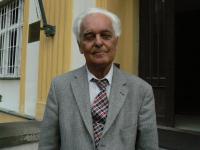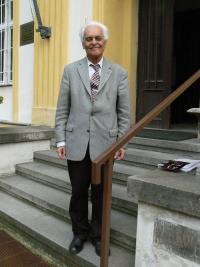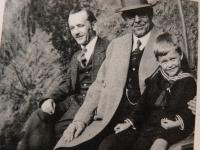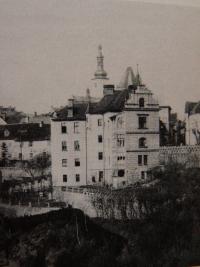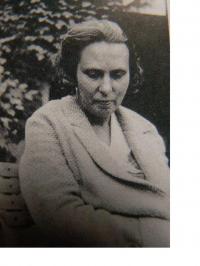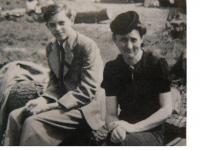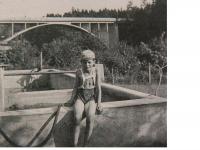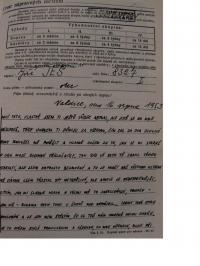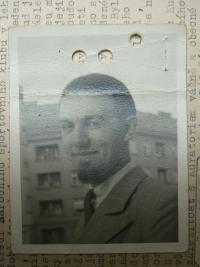They can’t deal with somebody who is ready to stand up against them; they need someone who breaks down.
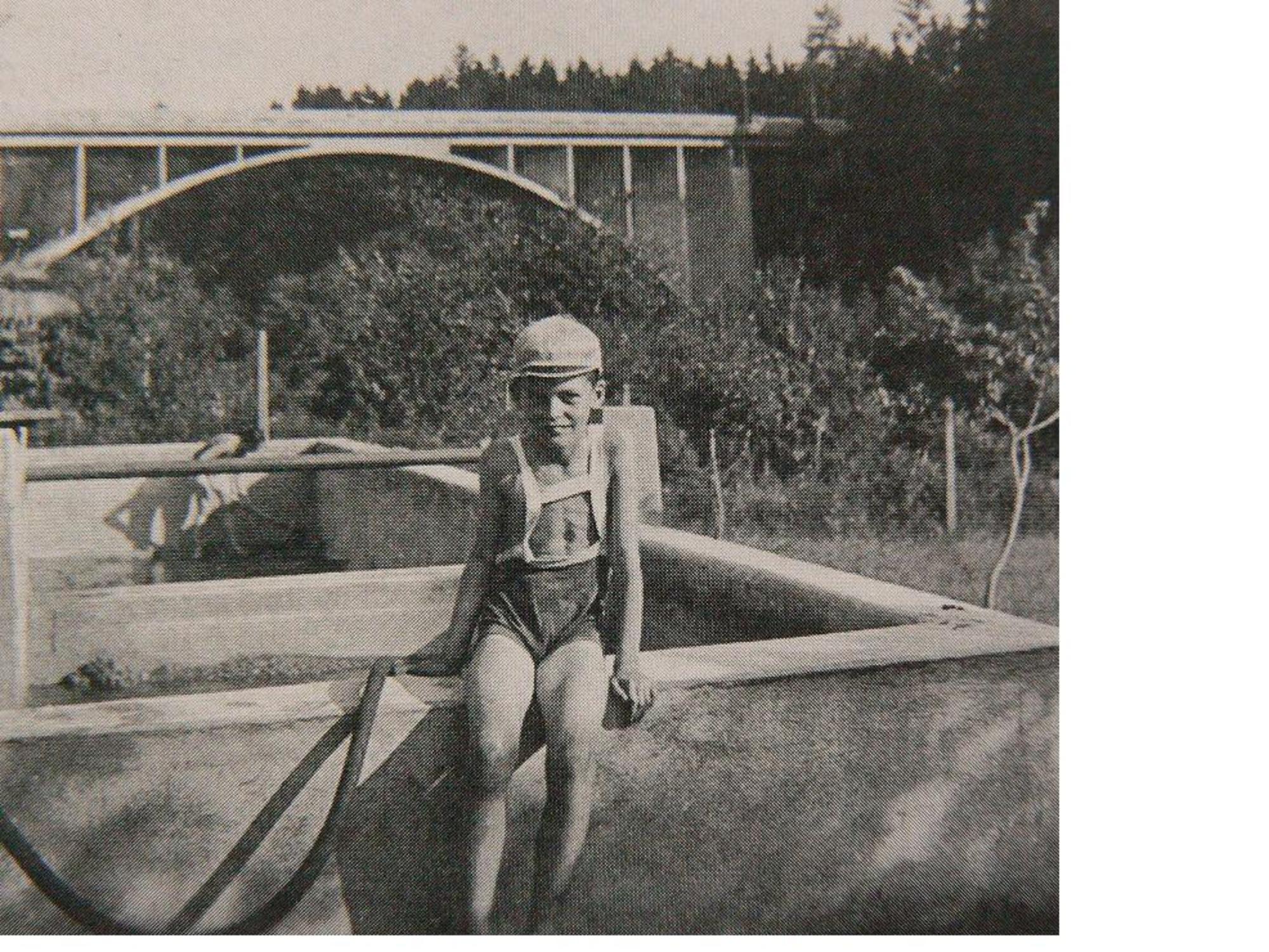
Stáhnout obrázek
Jiří Ješ was born on 19 June 1926 in Prague. He spent most of his childhood in Prague, but traveled frequently to Tábor, where his family originated. In Prague, he attended elementary school and later a grammar school in Vinohrady. The war interrupted his studies and instead of going to school Mr. Ješ was forced to toil for the Third Reich as a forced laborer. He could only finish his studies after the Second World War. He then went on to study at a Business College. At college, he became a press officer of the Union of University Students in Prague. He was further assistant to the deputy editor of the „Free Word“ published by Dr. Miloslav Kohák, who later became the director of the Czech broadcast of Radio Free Europe in Munich. He was also a contributor to Peroutka‘s „Freedom Newspaper“ and the magazine „Today“. In the aftermath of the events of 1948: he was ousted from university and excluded from studying at all Czechoslovak universities. He was soon thereafter arrested for entertaining correspondence with the runaway student leader Emil Ransdorf. He spent five years in prison (Pilsen, Bartolomějská, Pankrác, Valdice). He was twice arrested and tried twice: for the first time in 1948 and again in 1951. After his release he worked in various jobs in Liberec where his family was relocated. He also worked in Ustí nad Labem. In 1962-63 he worked as the playwright of the Music Theatre in Liberec; in the years 1963 to 1966 worked for the Park of Culture in Liberec as the organizer of concerts of classical music; in 1966-1976 he was employed at the Regional Center for movies, concerts and variety shows in Ústí nad Labem as a regional concert manager and artistic associate of the Czechoslovak art agency Pragokoncert. From 1976-1986 he worked as an agent for the Symphonic Orchestra FOK and in 1980-1990 as a guide in the travel agency Čedok. In 1991 he served as protocol officer in the Office of the President. Since 1990 he was the commentator of the Czech Radio in Prague and since 1993 a commentator with Radio Free Europe in Prague (Radio 6) and other media. In 2003 he was awarded the Medal of the Czech Radio and the 2007 Annual Award of the director of the Czech Radio. He died on July 20th, 2011.
